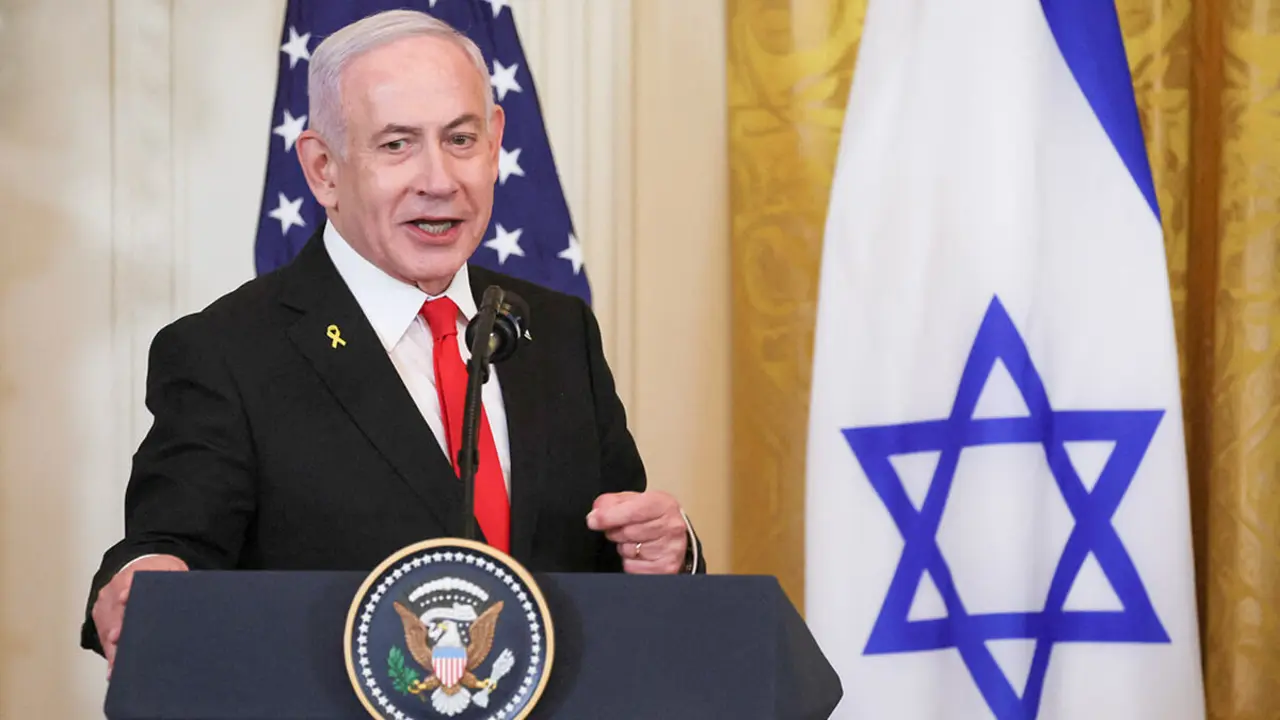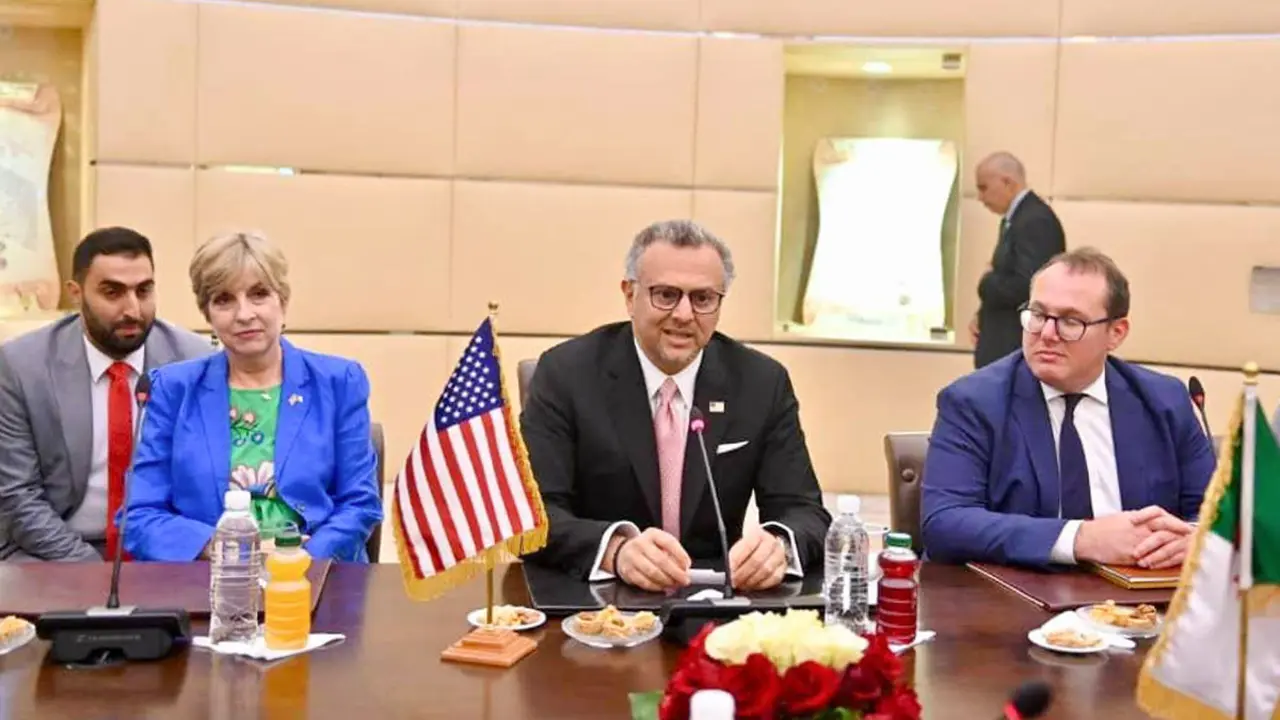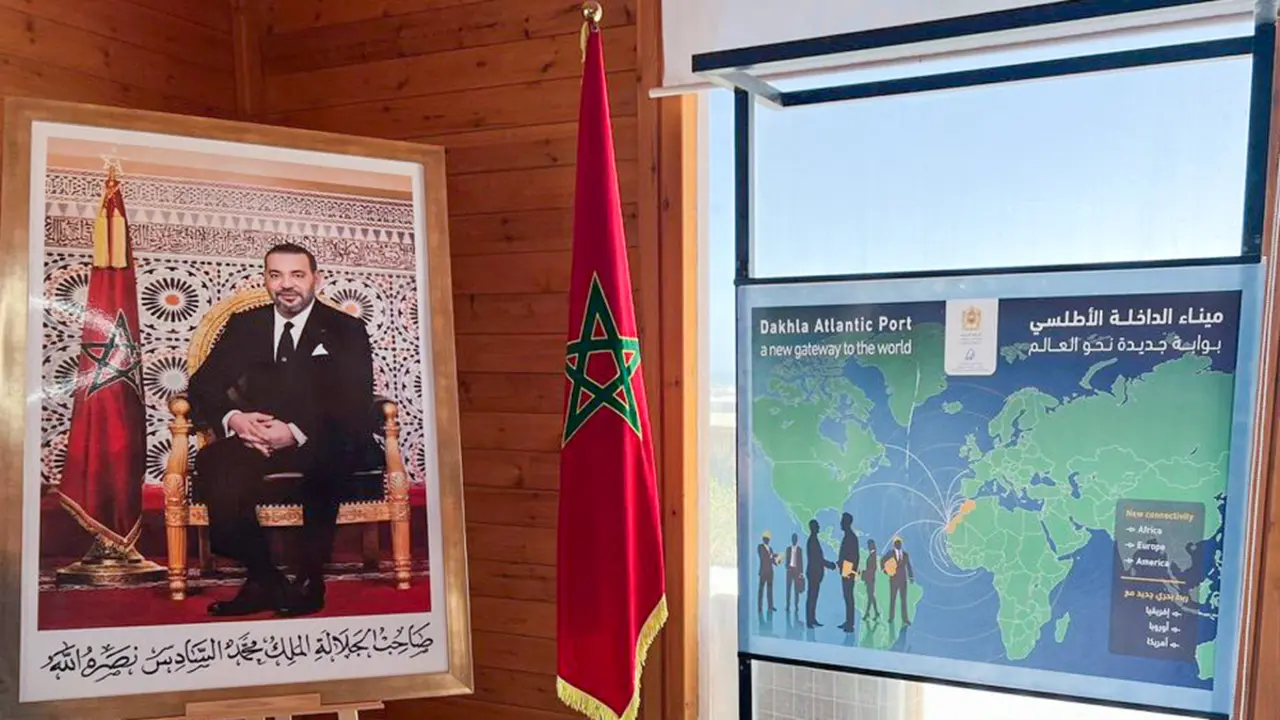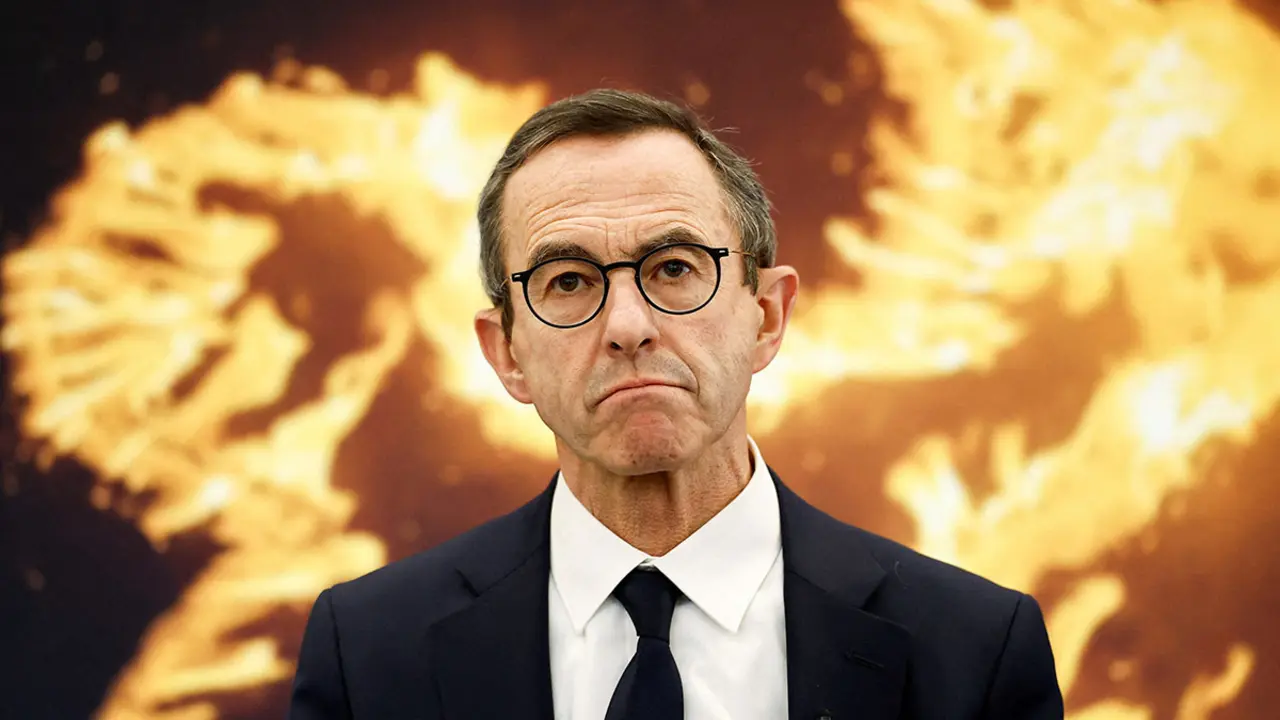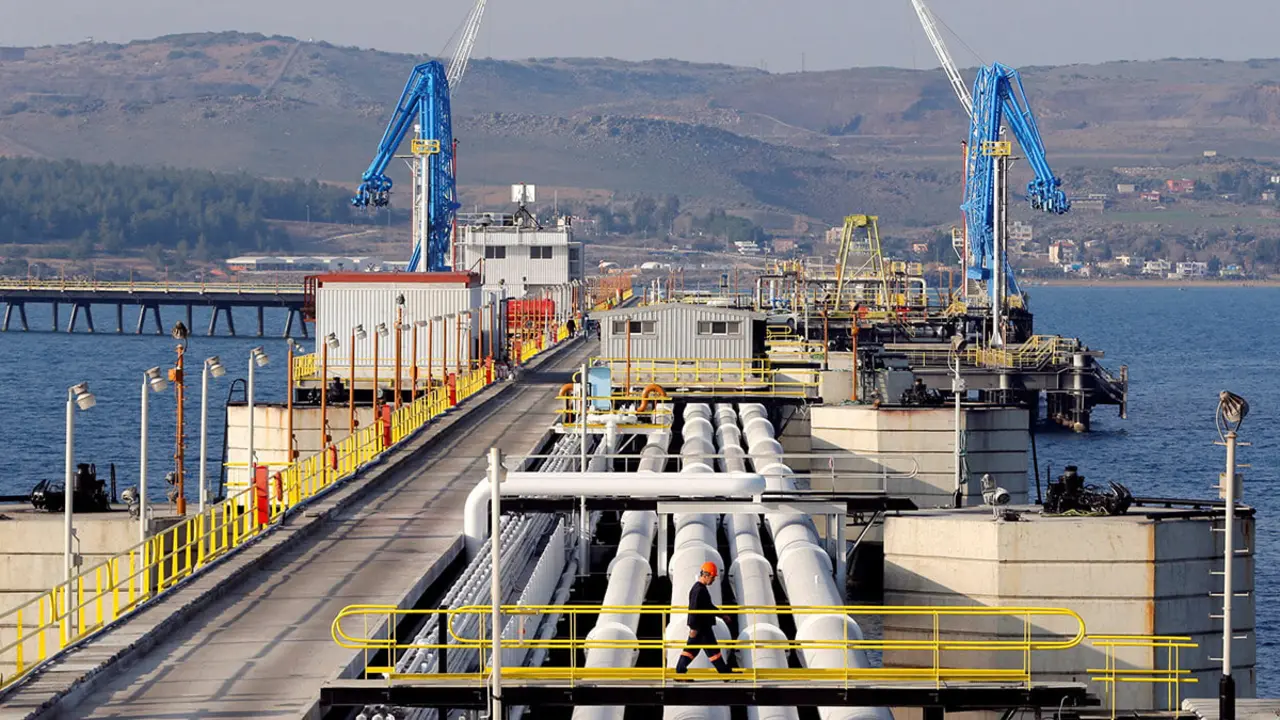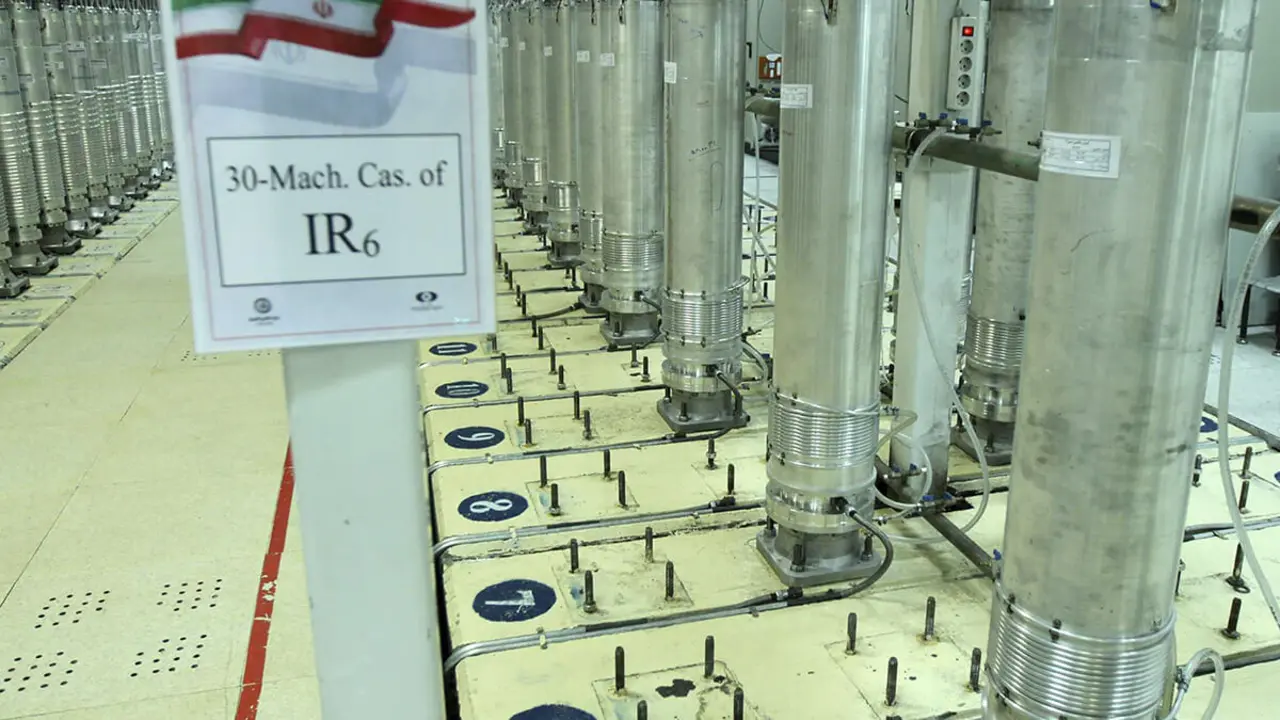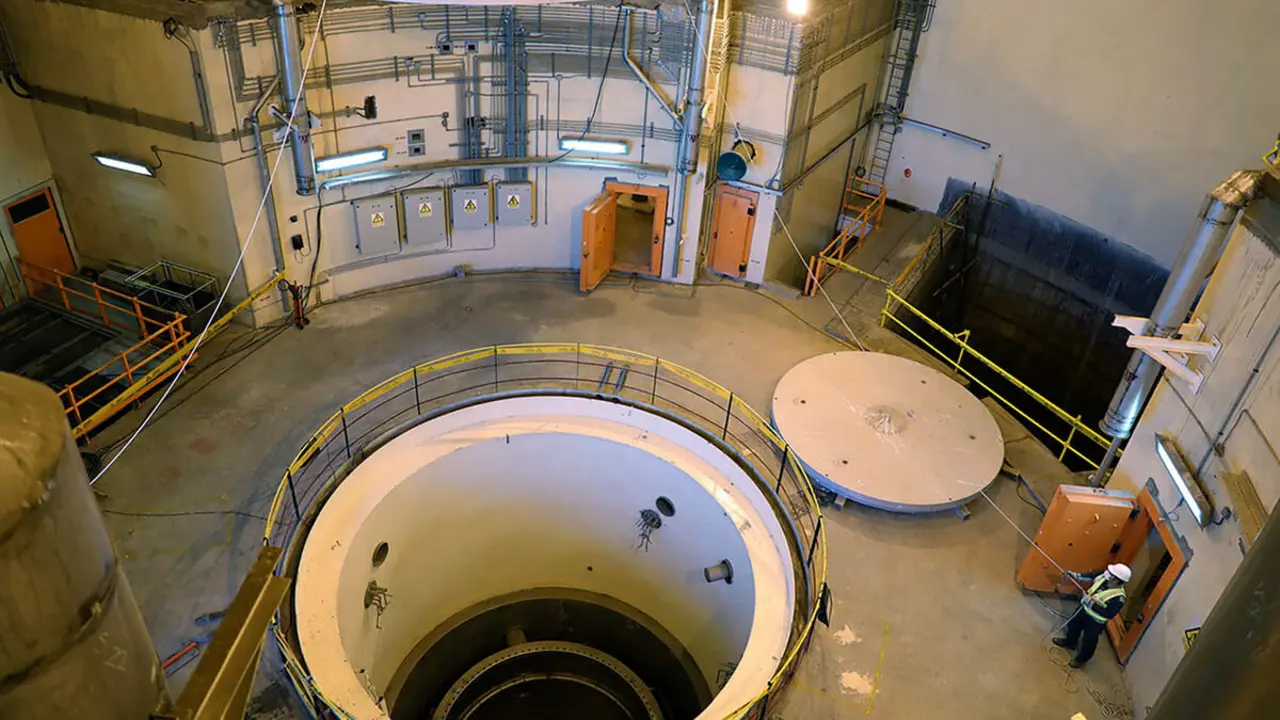Saudi Arabia intercepts new drones launched by Houthis from Yemen
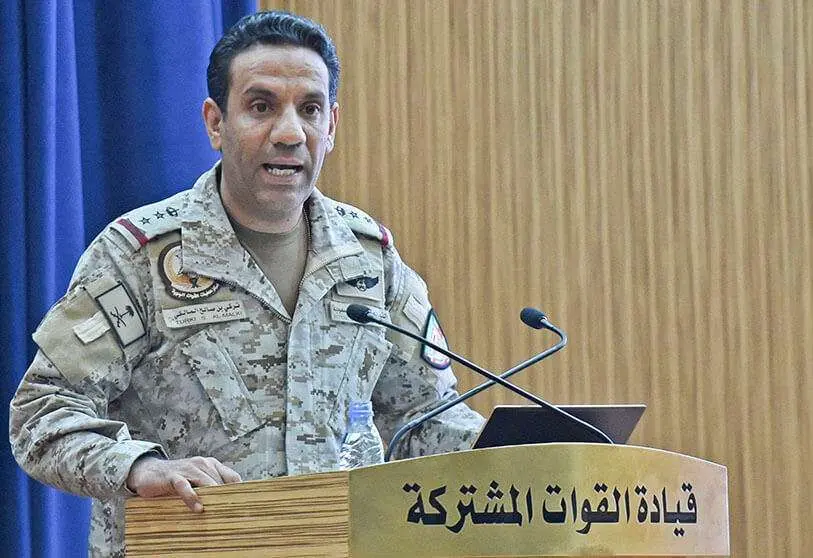
Saudi Arabia destroyed several drones sent from Yemen by Houthi rebels as part of the never-ending war raging in the Yemeni country in which insurgents are fighting an international coalition led by the Saudi kingdom in order to undermine the established government. This new offensive comes after a call by the United Nations (UN) for a truce in the face of the forced fight against the spread of the current coronavirus pandemic, which has already left tens of thousands dead and hundreds of thousands infected almost everywhere in the world.
The Saudi-led allies (supported by the United States and including the United Arab Emirates) shot down the drones led by the Houthis seeking "civilian targets" in the Saudi cities of Abha and Khamis Mushait, according to the official Saudi news agency SPA, referring to words spoken by the spokesman of the military coalition, Colonel Turki al-Maliki.
Over the past few months there have been a number of drone and missile attacks by Houthis into Saudi territory. Above all, they seek to destroy oil and airport infrastructures, such as those of Saudi Aramco (the largest oil company in the world) and the airport in the city of Abha. Now, the Kingdom is reporting that the insurgents have sought to attack civilian targets directly.
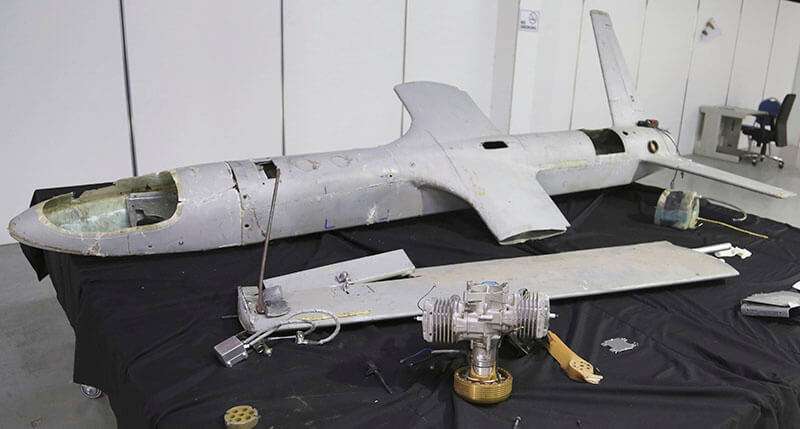
This offensive comes at a delicate time, even for the world, with the global health threat of COVID-19, a viral plague that has so far left more than 24,000 dead and more than 534,000 infected in up to 188 countries; with a greater number of deaths occurring in Italy, Spain and China, and with the United States leading the number of infections at present.
After more than five years of war in Yemen, the Gulf country is logically not in a good position to deal with the problem unleashed by the coronavirus. The Yemeni nation is one of the most impoverished in the world and its war-induced humanitarian crisis was declared by the UN to be the "most serious in the world". In the sixth year of armed civil conflict, the country is in its weakest position to cope with the COVID-19.
This Wednesday marked the fifth anniversary of the military intervention by the Saudi Arabian-led armed coalition against the Houthis, a Shiite group supported by Iran, a great enemy of the Saudi kingdom and the Sunni confession of Islam. These rebels took over the capital Sana'a in 2014, evicting the internationally supported leadership of Abd Rabbuh Mansur al-Hadi, who had to flee to the Saudi capital of Riyadh in search of help from King Salman bin Abdulaziz al-Saud.
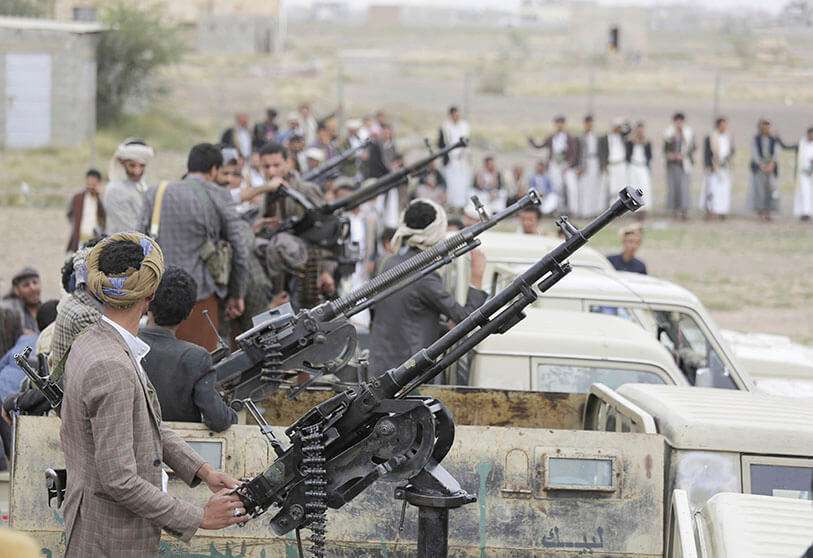
The conflict forced four million people to flee their homes and more than 24 million (over 80% of the population) to seek humanitarian aid. This situation is totally unsustainable when it comes to dealing with the spread of the feared coronavirus, taking into account, moreover, the problems of access to the most basic foodstuffs for survival, as the UN itself has been condemning. "The country's capacities are very weak and our resources are scarce," said sources from the Department of Disease Control and Epidemics of the Houthi Ministry of Health. "We are already short of beds and equipment because we have had to face several epidemics and diseases (such as malaria, meningitis or cholera) and we are under a blockade (military and economic) that has created great needs, not to mention now the coronavirus," these same sources added to the Efe news agency.
The Houthis themselves, who control the Yemeni capital and other neuralgic points of the country such as the port of Hodeida, had to ask for help from the international community and organizations such as the UN itself and the Red Cross, despite continuing with a war that has destroyed, among other areas, hospitals, affected by the Houthi attacks themselves.
In view of this situation, the UN envoy to Yemen, Martin Griffiths, lamented on his official Twitter account that "the battlefields are dividing Yemen and making it more difficult to combat the possible outbreak of COVID-19".
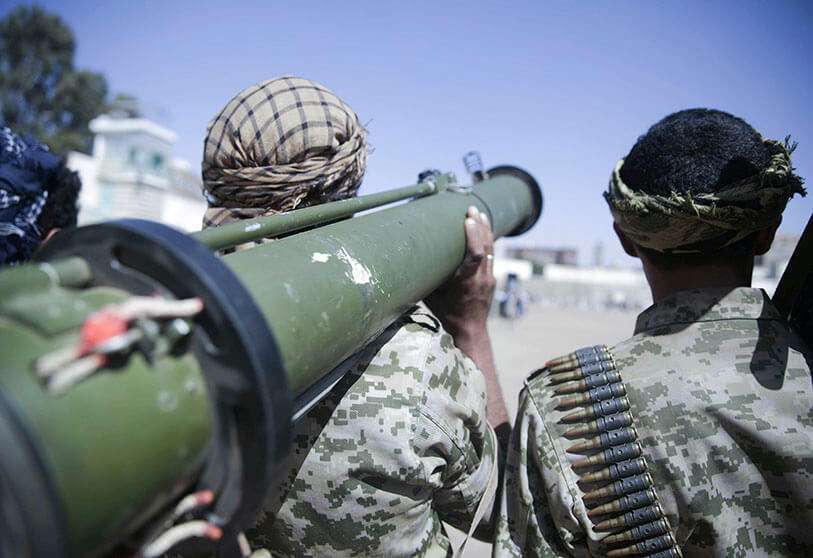
He called for "reducing violence throughout the country and working together to protect the Yemeni people" and urged the opposing sides to follow the lead of UN Secretary-General Antonio Guterres, who called for a "global ceasefire against COVID-19" in a letter on 23 February.
The Houthi rebels and the internationally recognized government welcomed these calls, after the failed peace processes of the last five years. The Yemeni administration welcomed the calls by Guterres and Griffiths, as did the head of the Houthi Supreme Political Council, Mahdi al-Mashat, in a televised speech.
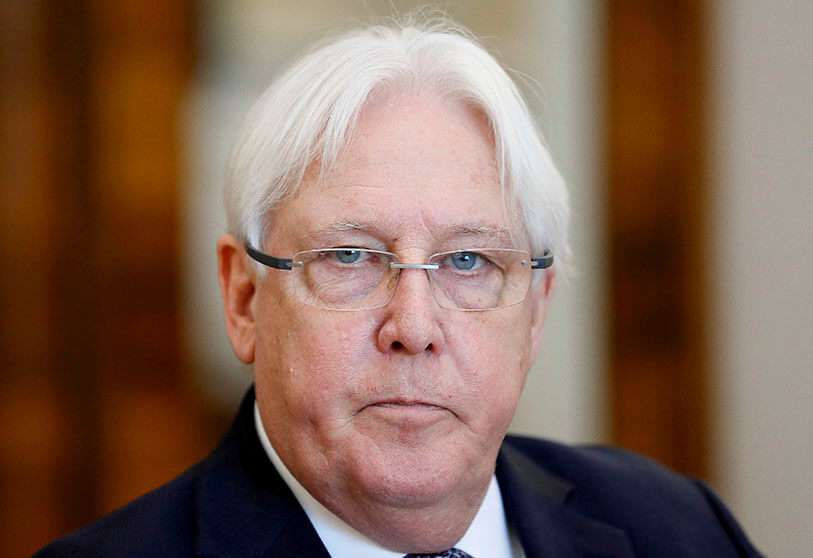
The Houthis have announced that there are 18 hospitals in 11 provinces prepared to handle cases of coronavirus, but there is an acute lack of personal protective equipment, clothing and other items. The administration only controls a few regions of the country in this case.
Yemen currently has 16 diagnosed coronaviruses, but no deaths so far; although the country's health system could not cope with an epidemic amidst shortages of supplies, equipment and medical personnel.
As the war in Yemen continues, Abdel Malek al-Houthi, leader of the Houthi rebels, confirmed that there is a willingness to release several Saudi captives in exchange for the release of Hamas members recently arrested in Saudi Arabia.
In a television address during the celebration of the fifth anniversary of the devastating Yemeni war, Abdel-Malek al-Houthi announced the "complete willingness of the rebels to release a pilot taken hostage in the downing of a Saudi war plane last month, along with four other soldiers and officers", in exchange for Hamas members who were arrested on charges of obtaining funds for the Palestinian Jihadist group.
Palestinian Shiite Hamas militias that rule the Gaza Strip and are also supported by the Islamic Republic of Iran to confront one of the region's main enemies, Israel; as is the case with Iranian support for the Houthis in Yemen, in this case to oppose Saudi Arabia and Sunni expansion in the Middle East.

